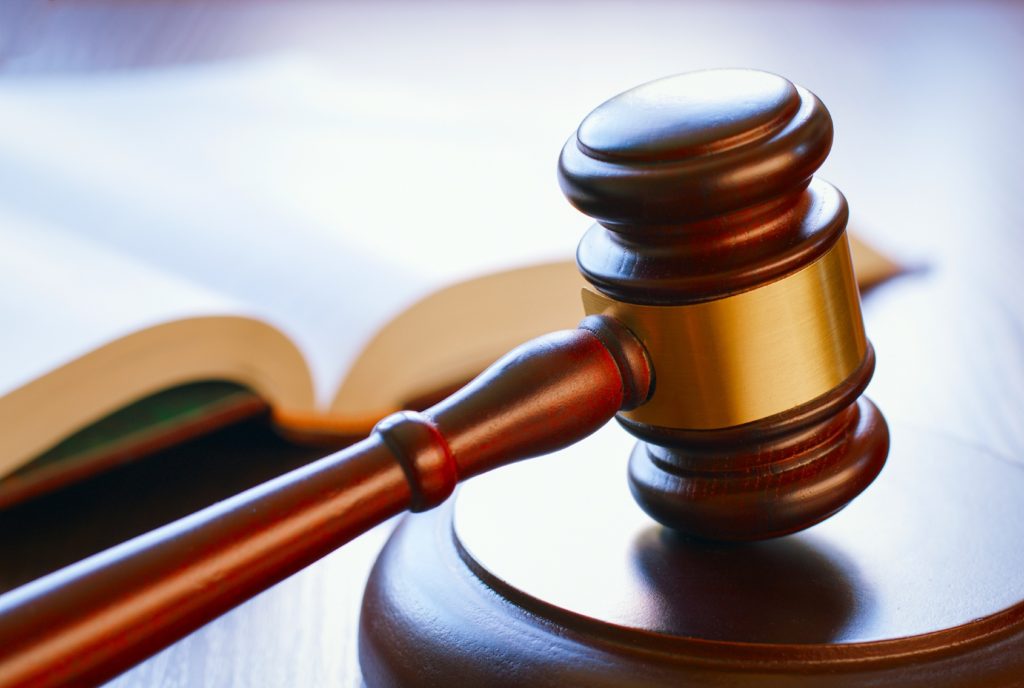Mar 30 2016 Why Legally Compliant Background Check Forms are a Must

Before anybody signs a form, make sure it’s the right one.
Everyone is looking for more efficiency in the hiring process, and part of that is trying to condense as much as possible into the application. But beware; if you’re not legally compliant, you might quickly discover that the time you save won’t cost nearly as much as the money you’ll lose.
What’s The Law?
To start with, if you’re conducting background checks, you need to know both federal and local law on the subject. On the federal level, background checks fall under the Fair Credit Reporting Act, or FCRA.
FCRA is extremely specific about how background checks and background check paperwork is executed and delivered. With forms, there are two key rules you need to be aware of. The first is that the background check form has to stand alone; it can’t be embedded inside an application, or otherwise construed as “hidden.” There’s no such thing as blanket or implied consent to check someone’s background under FCRA, either.
So you should present a standalone form detailing what you plan to do, which company will be doing it, and provide the necessary information to contact the company. You’ll also need to include “A Summary Of Your Rights Under The Fair Credit Reporting Act” with the form. Secondly, this form can’t include any sort of liability waiver or request for arbitration instead of legal action. A quality background check company will provide you with a preprinted form that also includes your obligations under various states.
What Are The Penalties?

Do you want to be at work? Or in court?
There can be both legal and civil penalties if a background check form doesn’t adhere to the requirements of FCRA. On the federal level, depending on the type of violation and number of violations found, your company could be on the hook for millions in fees. TeleCheck, for example, paid a near-record $3.5 million in penalties for failing to comply with dispute resolution and information accuracy requirements. Even if the penalties are relatively low, you can expect a full audit of your hiring process and candidate, which can take an enormous amount of time and money to fully complete.
On the civil level, companies of all kinds can lose thousands in individual court judgements and even millions from FCRA cases. More often than not, these cases come about because the forms don’t comply with FCRA standards. For some businesses, which might accept hundreds of applications in a given year, there’s even more risk as they could be exposed to a class-action lawsuit. This can only be reinforced if you choose against hiring someone based on what their background check reveals about them, and they’re not properly informed, or only discover the check was run when you contact them about it.
As noted, a professional background check service will not only know the law, they’ll help you understand your obligations under it and provide you the tools, like pre-written forms, to ensure you’re fully compliant and not facing lawsuits. In many cases, an ounce of prevention is worth a pound of cure, and when it comes to FCRA lawsuits, an ounce of prevention is priceless.
Need help? Request a free background check trial today.
![]()


